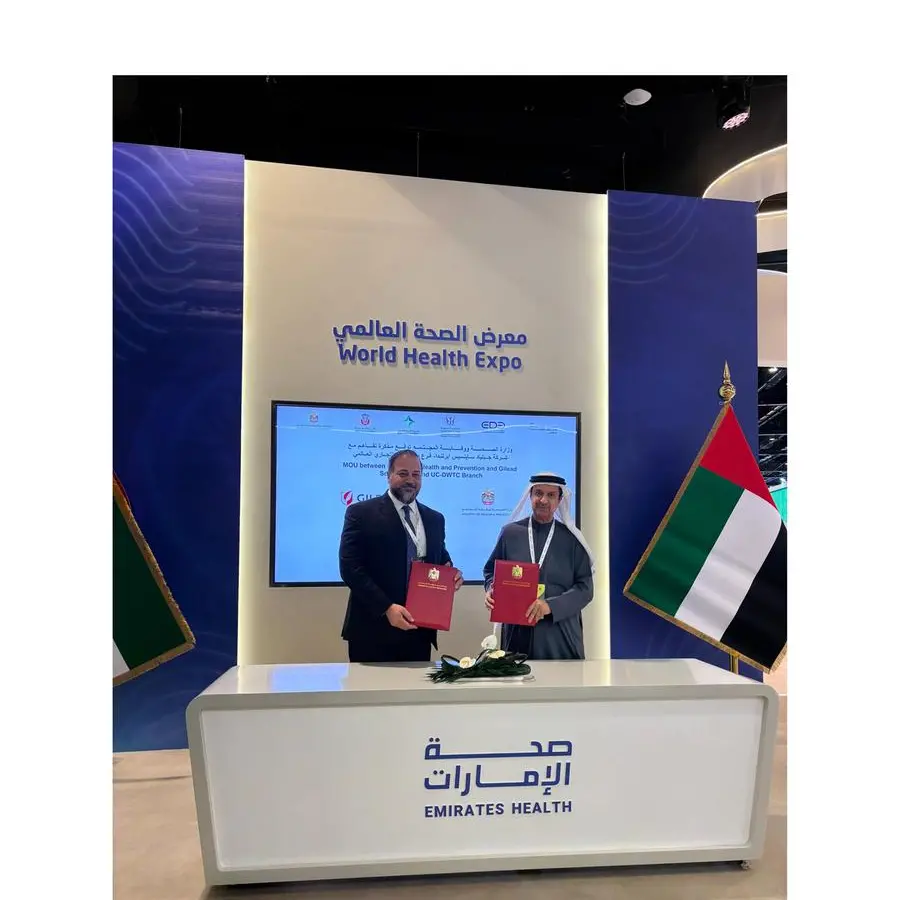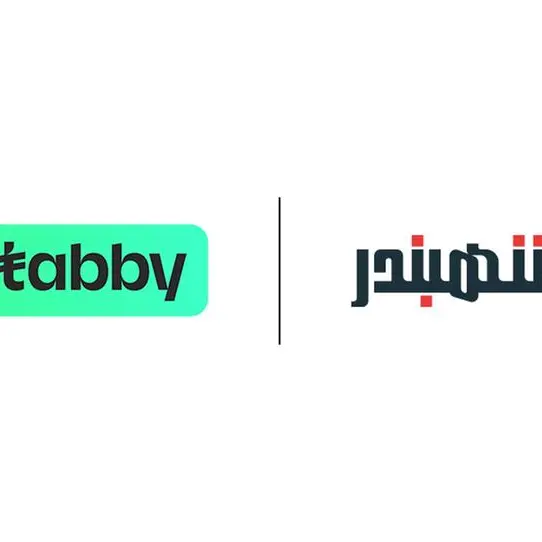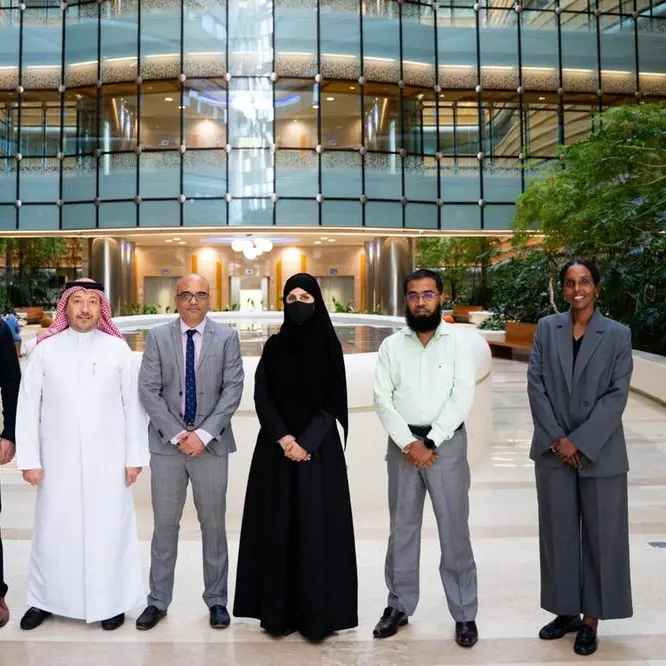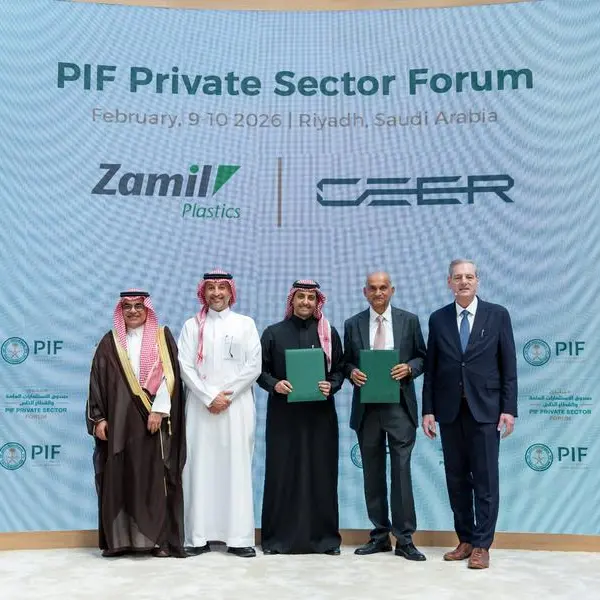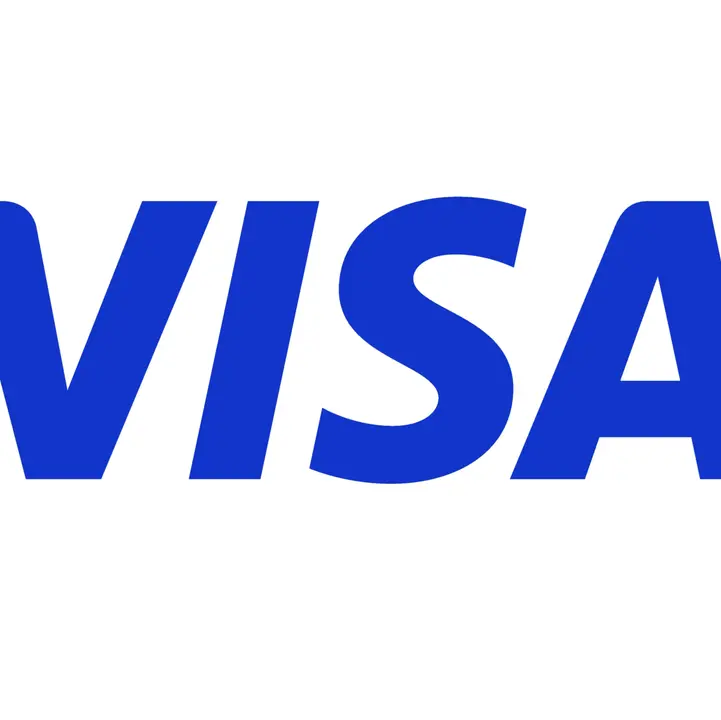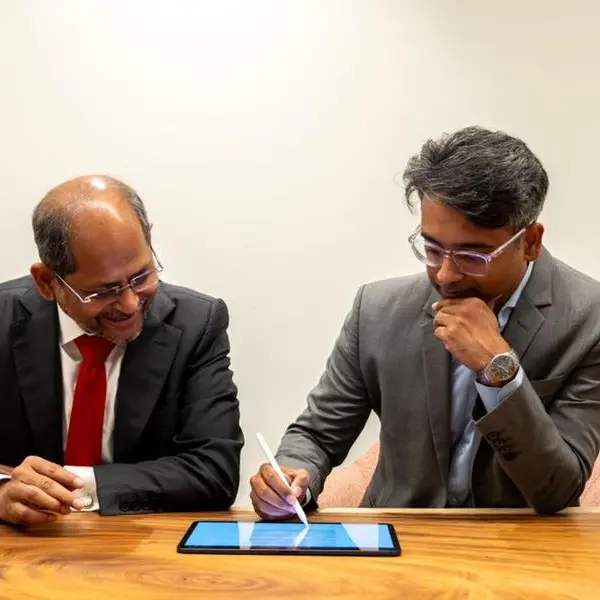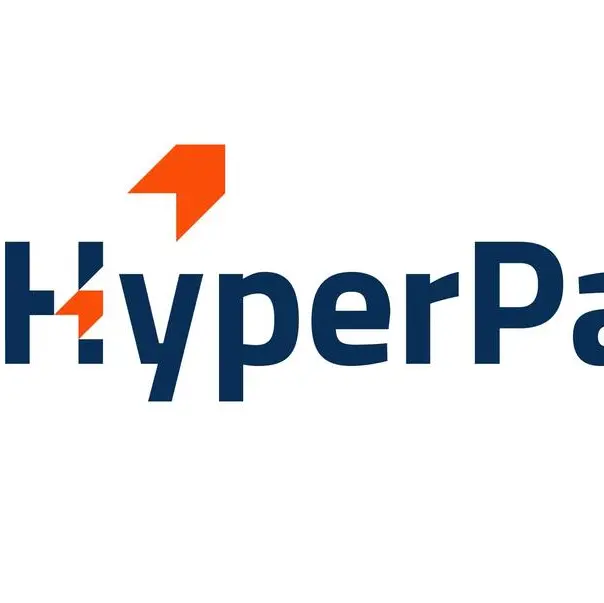Session follows the earlier expansion of the Oman digital stamp system and the implementation of E-invoicing in the region
Muscat, Oman: EY hosted over 160 business professionals, finance managers, and tax executives at a special seminar on the Omani VAT law to support taxpayers receiving their first annual VAT assessment notification.
The session occurred as the Omani Tax Authority continues to enhance its VAT assessment requirements and announces the third wave of its digital stamp system, which has been expanded to include carbonated, energy, and sweetened drinks. The event provided the latest updates on regional E-invoicing implementation and solutions, tax trends across the MENA region, and the applicability of VAT, excise, and customs duties on Omani imports and exports. The seminar also provided crucial guidance on preparing for VAT inspections and audits from Omani authorities.
Alkesh Joshi, Oman Tax Leader and EY MENA Energy & Sustainability Tax Leader, says:
“The tax system in Oman – and indeed the wider region – is rapidly evolving, with an expansion of reporting requirements and an accelerated shift towards digital tax platforms. As discussed in our special seminar on VAT readiness in Oman, businesses should proactively prepare for any site visits from the Oman Tax Authority in relation to VAT. The Oman VAT Law allows certain Tax Authority employees to perform physical site inspections and review documents, accounting records, financial statements, and any other documents relating to the enforcement of the Oman VAT Law. As such, businesses should ensure that they maintain business records as required by the country’s VAT regulations and that their employees are adequately prepared to answer any questions from the Tax Inspectors during their site visits.”
VAT was implemented in Oman as part of the government’s commitment to diversifying its income streams, with tax revenues for 2023 projected to be in the region of OMR 1.15b, of which OMR 0.59b is anticipated to come from taxes on goods and services.
At the seminar, EY regional tax leaders discussed how digitization is reshaping the future of tax for businesses in Oman and the broader region, explaining how businesses should streamline their tax compliance models to prepare themselves for the potential introduction of E-invoicing in the coming future – developments that have the potential to drastically change the way they do business. E-invoicing seeks to increase the tax authority’s visibility on the movement of goods, services, and payments on a real-time basis.
Aamer Bhatti, EY MENA Indirect Tax Leader, says:
“Businesses should regularly check the tax authority portal and their emails for correspondence from the tax authorities on the issuance of VAT assessments – and to use these platforms to request additional information wherever possible. Firms should also watch for changes to the VAT return form - or indeed the taxpayer checklist - that could create additional reporting requirements. Furthermore, in light of Oman’s increasingly sophisticated VAT and tax landscape, businesses must be proactive in their approach toward VAT audit readiness. EY advises that firms perform a health check to ensure they have filed correct VAT returns and maintain all documents needed for their audit defense.”
Tax readiness health check
To ensure full tax readiness, companies are advised to carry out a VAT health check well in advance of receiving an audit notification. Business could apply for an advance ruling with the Omani Tax Authority for sector-specific challenges not addressed in the VAT Law - or in guidance and manuals issued by the Tax Authority. The session also advised businesses to learn from the experience of companies operating in other GCC countries, such as Saudi Arabia, to learn from the challenges and opportunities of implementing E-invoicing in those jurisdictions and how the potential implementation of E-invoicing can impact their business.
Key VAT and tax concerns for taxpayers in Oman
In addition to seeking advice on general VAT and tax policy developments, companies attending the EY seminar also sought guidance on new reporting processes and technologies, and how to navigate potential problems. Key concerns included:
- How to obtain VAT refunds from the Oman Tax Authority
- Concerns regarding the short timeframe for submitting documentation for VAT assessments
- Common VAT challenges for specific industry sectors, including financial services, transportation and mobility, telecommunications, media, technology, manufacturing, real estate, hospitality, construction, and energy.
- Requirements for cross-border trade and global import and export activity
- VAT cash flow issues
Companies in Oman and the region were strongly advised to begin their VAT health check efforts to ensure full VAT compliance. Proactive measures taken now will help businesses adapt smoothly to the changing tax landscape and avoid any potential compliance issues in the future.
EY | Building a better working world
EY exists to build a better working world, helping to create long-term value for clients, people and society and build trust in the capital markets.
Enabled by data and technology, diverse EY teams in over 150 countries provide trust through assurance and help clients grow, transform and operate.
Working across assurance, consulting, law, strategy, tax and transactions, EY teams ask better questions to find new answers to the complex issues facing our world today.
EY refers to the global organization and may refer to one or more of the member firms of Ernst & Young Global Limited, each of which is a separate legal entity. Ernst & Young Global Limited, a UK company limited by guarantee, does not provide services to clients. Information about how EY collects and uses personal data and a description of individuals’ rights under data protection legislation are available via ey.com/privacy. EY member firms do not practice law where prohibited by local laws. For more information about our organization, please visit ey.com.
The MENA practice of EY has been operating in the region since 1923. For over 98 years, we have grown to over 7,500 people united across 21 offices and 15 countries, sharing the same values and an unwavering commitment to quality. As an organization, we continue to develop outstanding leaders who deliver exceptional services to our clients and who contribute to our communities. We are proud of our accomplishments over the years, reaffirming our position as the largest and most established professional services organization in the region.
© 2023 EYGM Limited.
All Rights Reserved.
This material has been prepared for general informational purposes only and is not intended to be relied upon as accounting, tax, legal or other professional advice. Please refer to your advisors for specific advice.
ey.com
Rianna Khan
MENA Public Relations
+971 4 332 4000 rianna.khan@ae.ey.com
Ewan Abbasi
MENA Public Relations
+971 4 332 4000
ewan.abbasi@ae.ey.com
